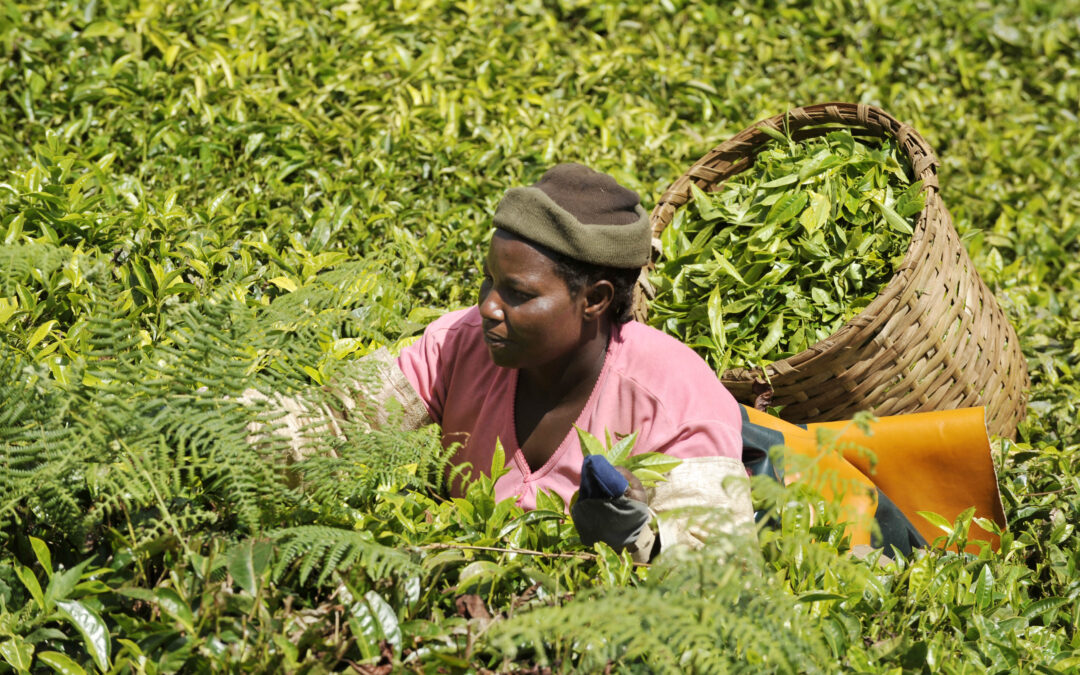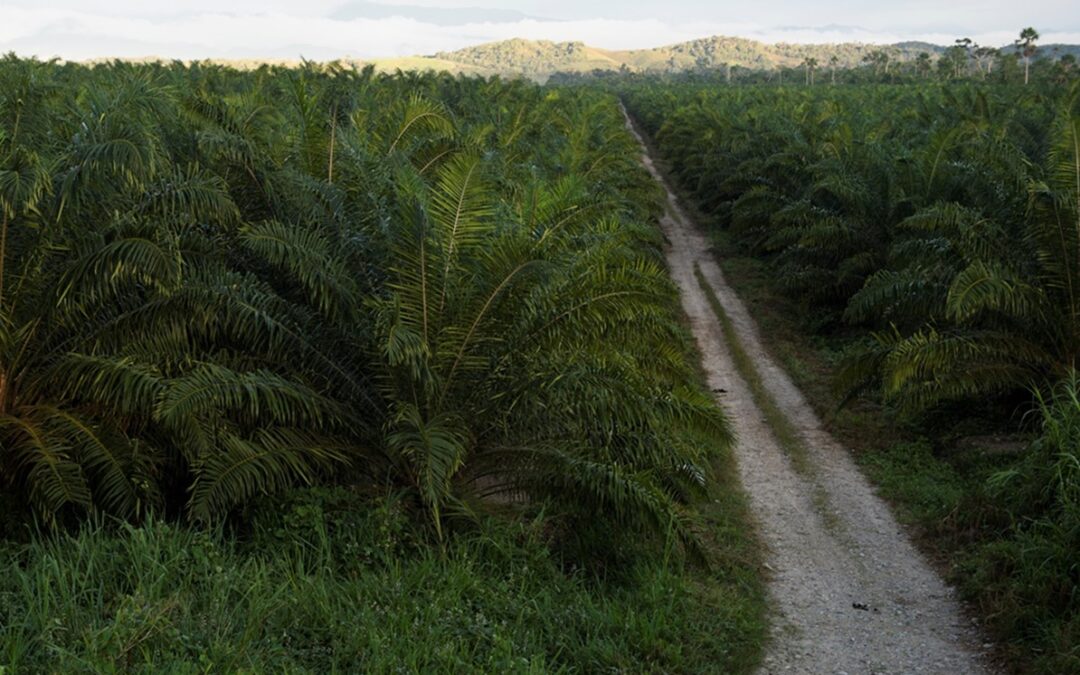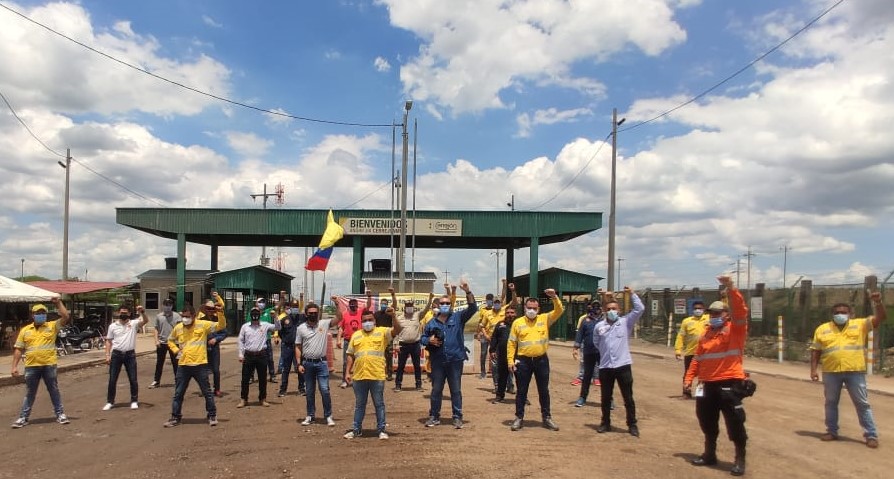
Jul 28, 2021
In a global context where most working people and their communities are being denied a say in their future according to the International Trade Union Confederation (ITUC), Kenya’s Central Organization of Trade Unions (COTU-K) is effectively engaging government and policy makers to represent the needs of working people in the development of climate change solutions.
“[N]early nine out of ten countries are… not using social dialogue,” says ITUC General Secretary Sharan Burrow about climate plans submitted by governments under the Paris Agreement on Climate Change. As defined by the International Labor Organization (ILO), social dialogue structures and processes are tools for promoting consensus building and democratic involvement among the main stakeholders in the world of work—representatives of governments, employers and workers—on issues of common interest.
In Kenya, the climate crisis is prompting more frequent and prolonged droughts, erratic rainfall, intermittent flooding, water scarcity and increased incidence of climate change-related diseases—which threaten people’s jobs and livelihoods in all sectors, especially agriculture, fishing, forestry, mining and tourism. Unions, says COTU-K, must take their place at the table to advance worker-centered climate solutions toward a sustainable and thriving future.
COTU-K, a Solidarity Center partner, has successfully represented the interests of Kenya’s most vulnerable citizens in multiple fora and processes, contributing to the country’s Climate Change Response Strategy, the National Climate Change Action Plan, Climate Change Act and, most recently, in the 2020 process of updating Kenya’s Nationally Determined Contributions (NDCs) under the Paris Agreement to include just transition elements. COTU-K is also a member of Kenya’s National Climate Change Council—a body chaired by President Uhuru Kenyatta that advises government on the development of climate change policies and legislation.
COTU-K’s just transition program is rooted in its vision of climate justice, which advocates for a low-carbon development path and actions to address climate change while simultaneously prioritizing the creation of good jobs and ensuring social justice, rights and social protection for all.
“Climate justice [will ensure] that the environmental and social costs of unsustainable production and consumption are met by the economic agents responsible for them,” and prevent the burdens of changes benefiting everyone being placed disproportionately on a few or the most vulnerable, says COTU-K.
The development of climate-related programs and policies requires active and informed public participation, says COTU-K. To this end, COTU-K is pursuing climate-justice coalitions with like-minded organizations, supporting climate and labor justice at both national and county levels of government, and providing worker-to-worker and union-to-union exchanges on effective climate justice strategies.

Apr 22, 2021
Marking this year’s April 22 Earth Day, the Solidarity Center is launching a new, partner-informed, inclusive strategic plan to support workers and their unions around the world to address impacts and drive solutions for an accelerating climate crisis.
“The Solidarity Center recognizes that workers and their communities—especially in the global south—are disproportionately impacted by the climate crisis. We are committed to directing resources and attention toward people-centered climate policy and legislative advocacy by our partners and allies in their respective countries,” says Shawna-Bader Blau, Solidarity Center executive director.
The Solidarity Center’s strategic plan—centered on ensuring decent work and a strong labor movement in the future—endorses the following program and advocacy approaches:
- Developing worker-driven climate solutions and playing a significant role in their implementation to protect hard-fought gains and advance worker rights in changing industries
- Using collective bargaining to advance cleaner, safer and more sustainable operations across sectors; and ensuring an inclusive process that prioritizes the needs of workers and their communities in transitioning sectors
- Building broader coalitions, securing the mutual commitment of climate, human rights and community organizations in the fight to win decent, unionized green jobs; building healthy, resilient and sustainable communities; and supporting worker rights
- Effectively participating in national, regional and global climate justice negotiationsand holding policymakers and employers accountable for achieving a just transition to a cleaner economy that enables workers to enjoy their fundamental freedoms and rights; and
- Advancing an enabling legal environmentto achieve a just transition, recognizing the critical link between labor rights and environmental justice.
“On Earth Day, the Solidarity Center stands with our partners as they drive the vision for a fair or just transition to a cleaner, more inclusive, and more equitable economy,” says Sonia Mistry, Solidarity Center global lead on climate change and just transition.
Read more here.

Apr 7, 2021
Organizations representing Colombia’s energy and mining sector workers are supporting the country’s transition to cleaner energy while preserving decades-long, hard-fought progress in turning often unsafe and poorly paid jobs into safer, family-sustaining livelihoods.
A joint declaration signed late last year formalizes the commitment of Colombia’s national labor federation Central Unitaria de Trabajadores–CUT and three of its largest mining- and energy-sector unions—Sintracarbón, Sintraelecol and Unión Sindical Obrera (USO)—to an urgent national effort to abandon fossil fuels and adopt new technologies, assuming those policies prioritize:
- National policies that support full compliance with Paris Agreement goals
- Government oversite of such policies, including all climate interventions implemented by private mining and energy companies in Colombia
- The preservation and strengthening of decent work in mining and energy sectors, and of their unions.
“Colombian energy- and mining-sector workers—and the communities they sustain—must participate in every step of the process to ensure workers’ rights to safety and good jobs are supported by the country’s energy transition policies,” says Carlos Guarnizo, Solidarity Center Colombia-based program coordinator.
“Transition to a new energy agenda should be negotiated with us and the rest of society,” to ensure a fair and democratic model of energy production, says the declaration. Energy- and mining-sector workers should be consulted because they have the knowledge and experience to conceive, propose and advance the discussions that will shape the policies on transition to clean energies. Declaration signatories will be working in coalition with one another, as well as with academics, social and environmental justice movements and the international community, to devise such a model.
“On Earth Day, the Solidarity Center stands with Colombian energy- and extractive-sector unions—and all others around the world—as they drive the vision for a fair or just transition to a cleaner, more inclusive, and more equitable economy,” says Sonia Mistry, Solidarity Center global lead on climate change and just transition.
The Intergovernmental Panel on Climate Change (IPCC) found that emissions from fossil fuels are the dominant cause of global warming. Carbon dioxide emissions increased by almost 90 percent from 1970 through 2011, with emissions from fossil fuel combustion and industrial processes contributing almost 80 percent of that increase. About 50 percent of Colombia’s electrical-generation capacity is in the hands of privately owned companies.



